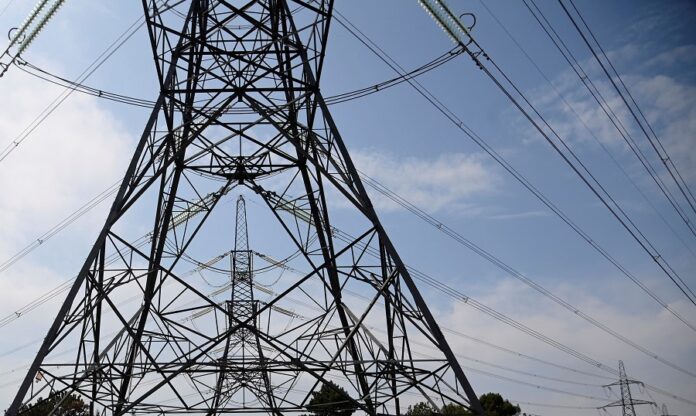Romania‘s government changed its energy support scheme for households, small businesses and industry on Friday, partially regulating its power market until March 2025 to ensure the security of supply, according to Reuters.
The European Union state has been capping gas and power bills for households, small businesses and public institutions up to certain monthly consumption levels and compensating suppliers for the difference since November last year.
It has made changes to the scheme many times throughout the year, reducing the compensated consumption levels, extending the scheme and enforcing windfall taxes.
Energy utilities warned in September that the latest changes risked blocking the country’s power and gas markets.
To ensure it has enough supply, the government introduced a centralized energy acquisition mechanism via emergency decree on Friday, making power producers sell their available output at a regulated price of 450 lei per megawatt hour from January 2023.
“This decree ensures we can protect our population and ensure the competitiveness of Romanian products,” said Prime Minister Nicolae Ciuca.
New power investment projects will be exempt from participating in the mechanism, Energy Minister Virgil Popescu told reporters.
“Only production capacity already in operation before the decree will take part, we are giving a clear signal that new investment will not be trapped in the system,” said Popescu.
“For 2023, we estimate about a third of the energy market will be in the system. We are talking about an acquisition price which will allow us to keep the current (compensated) prices.”
Failure to comply will lead to fines of up to 5% of annual turnover, the decree showed. It also introduces a capped price of 1.3 lei per kilowatt hour for large industrial consumers.
The government decree now goes to parliament, which has the final say.
Romania is also selling electricity to Republic of Moldova at a capped price under exceptional circumstances triggered by the war in Ukraine.


